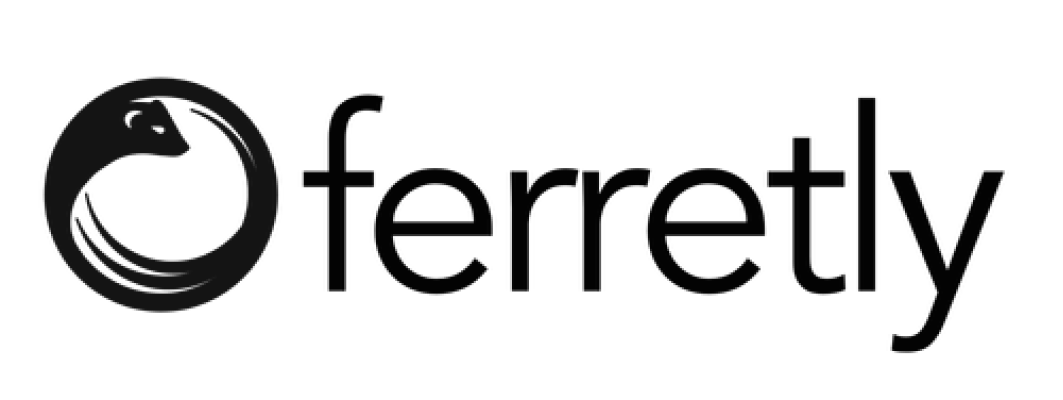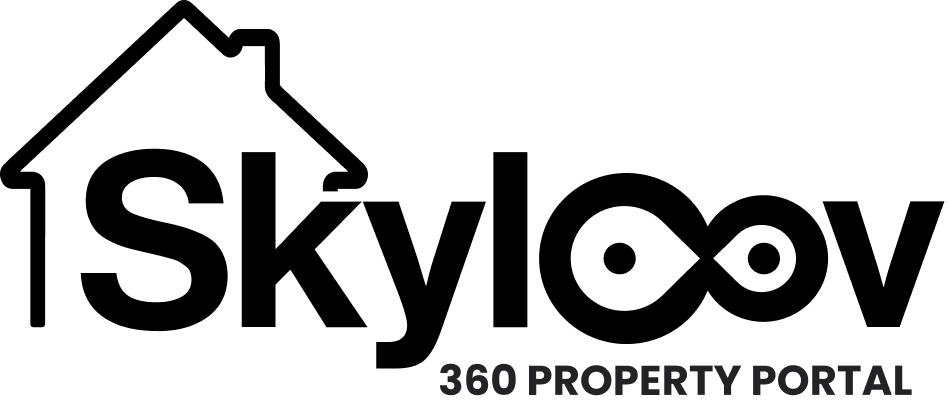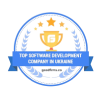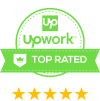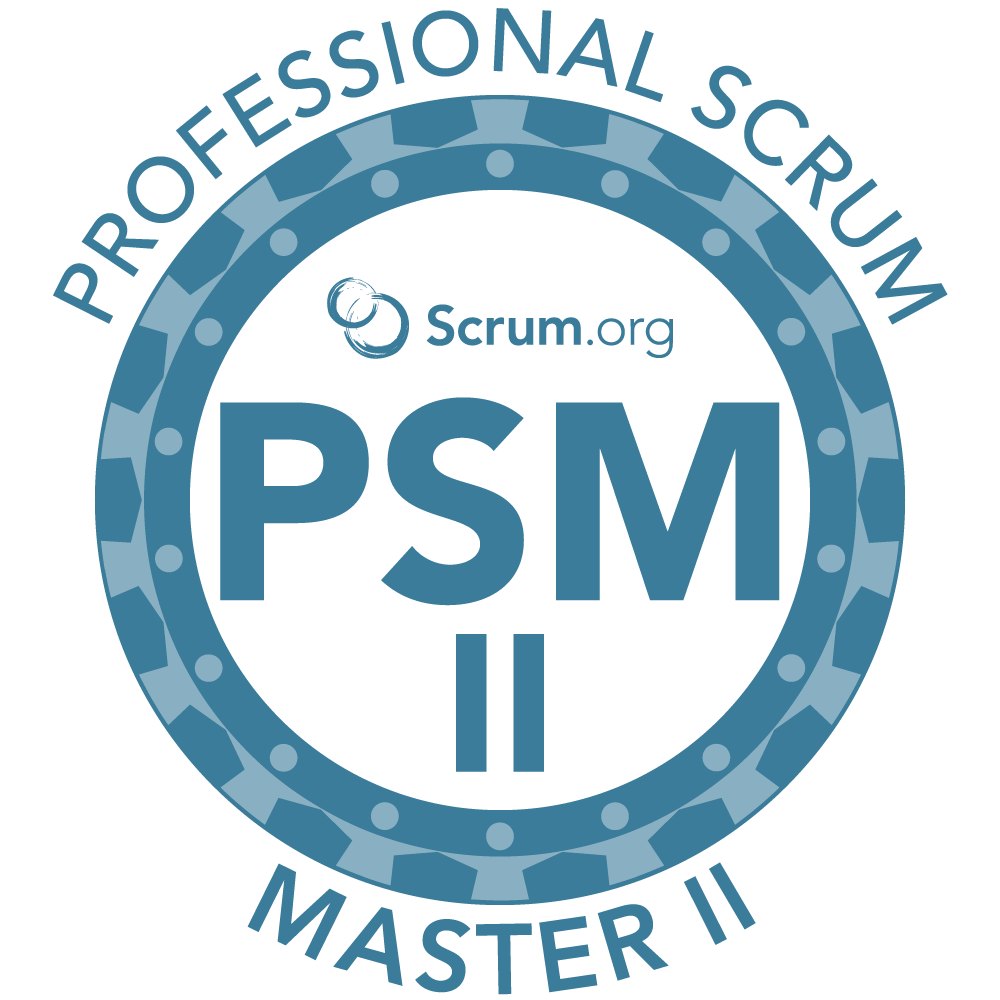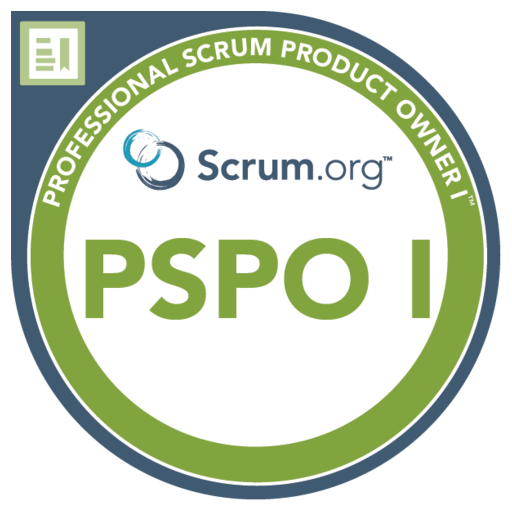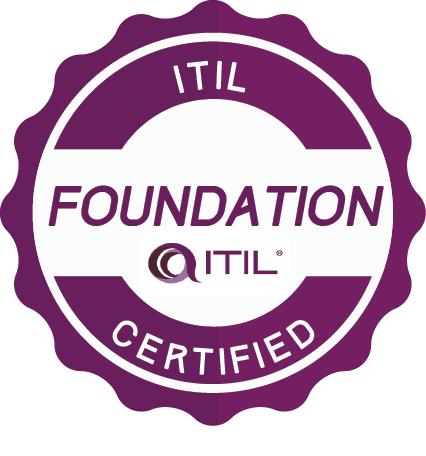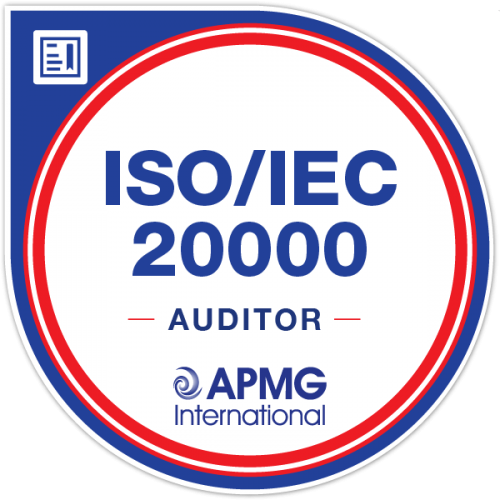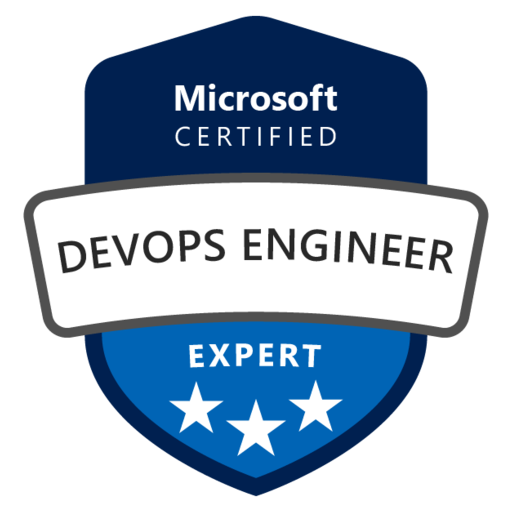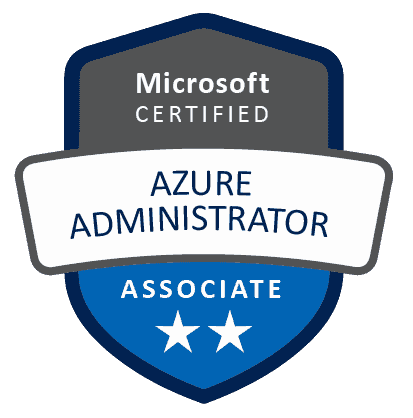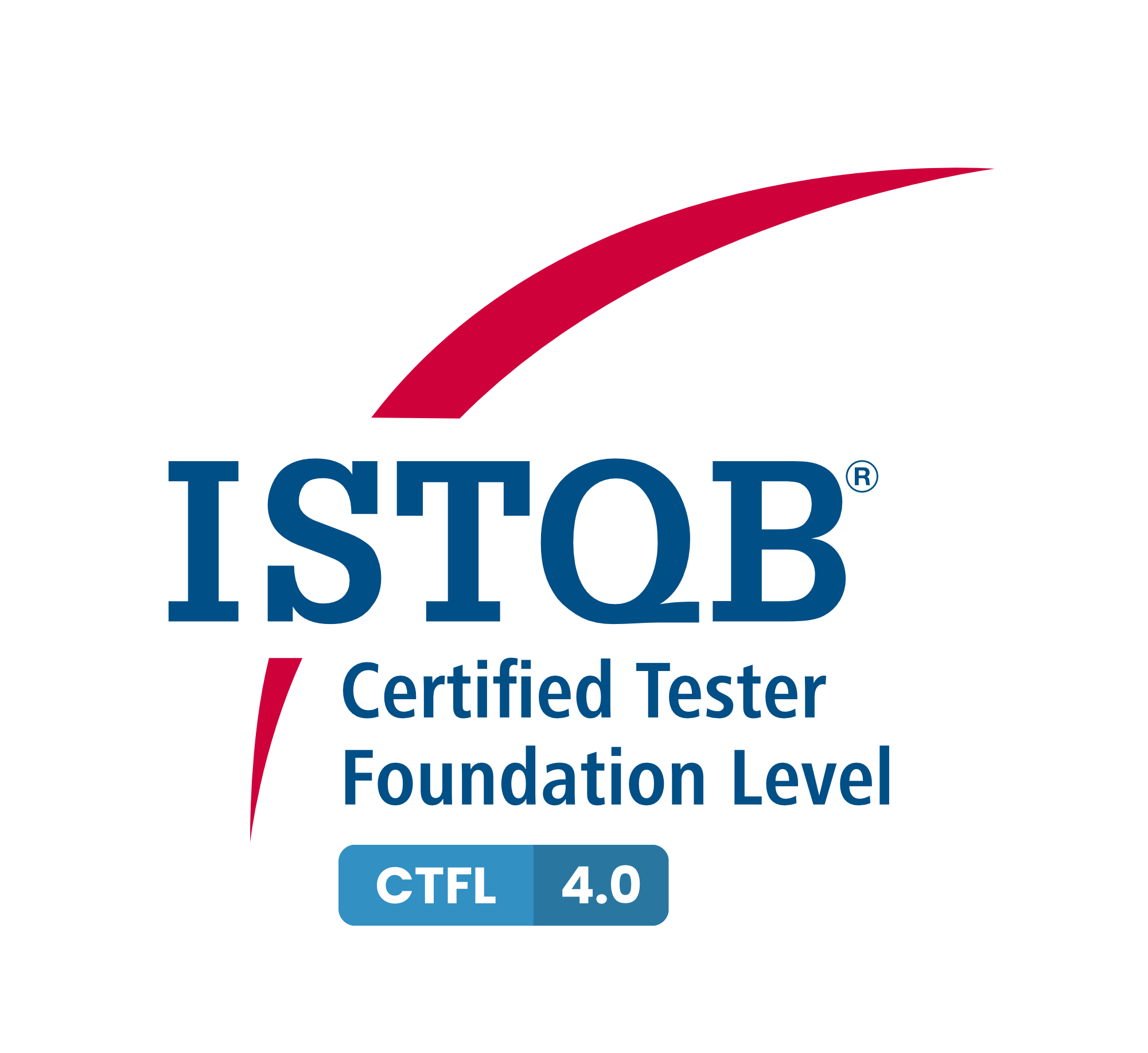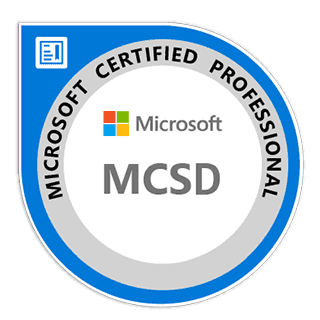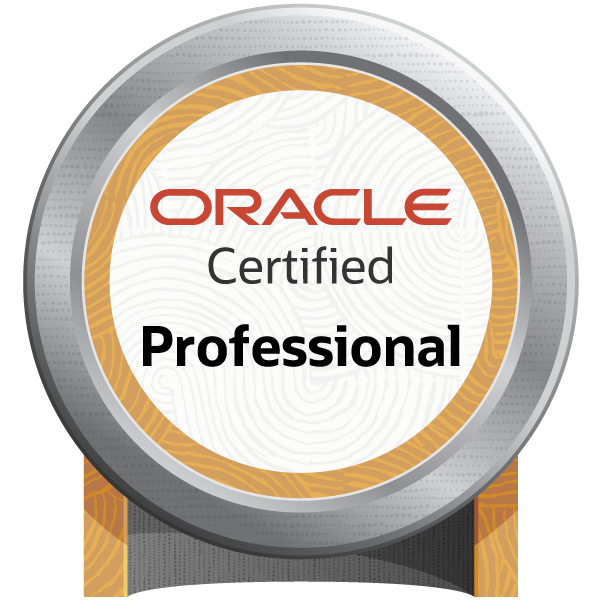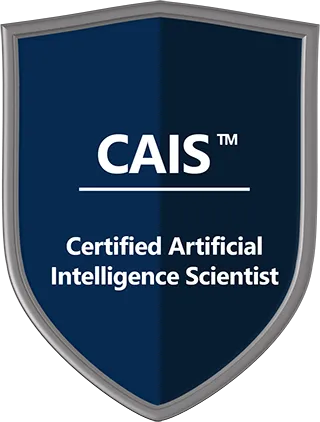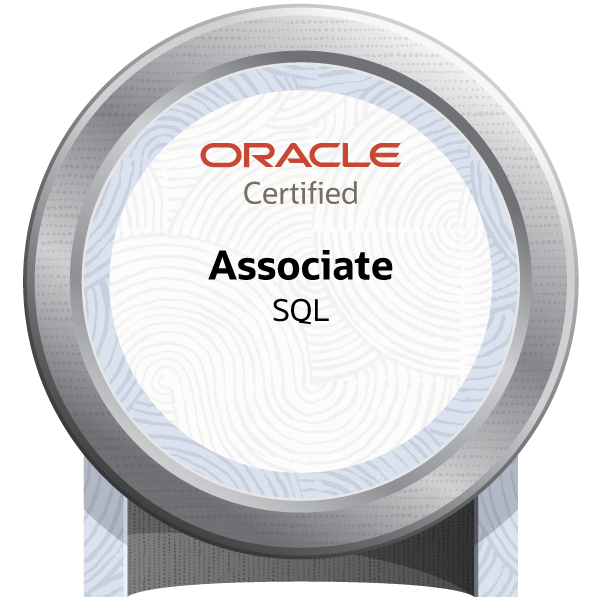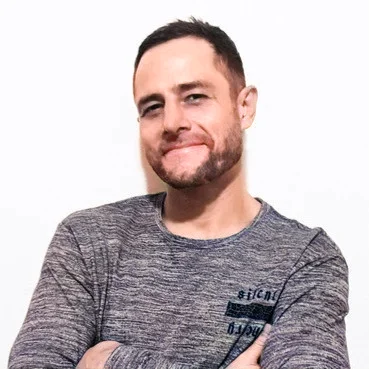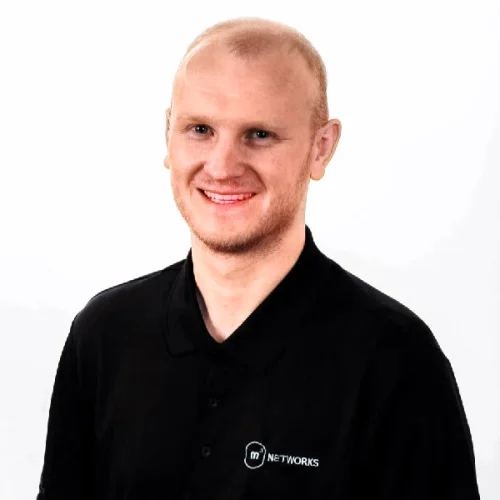If you need a simple and cost-effective solution with widespread compatibility that is suitable for small-scale tracking needs like inventory in a retail store, asset tracking barcode system is a proper solution. It includes barcode labels attached to assets and barcode scanners tracking them.

Asset Tracking Systems Development Company
What is Asset Tracking System and How Can it Help My Business?
An asset tracking system is a logistics tool that helps keep track of a business’s assets from production to delivery. It provides visibility over assets on sight (for example, in a warehouse, a store, or in the hospital) and on the move.
Hardware-wise, the ATS suggests physical or technological integration with assets and a manager’s user software. Such a system serves many industries: on different levels, asset tracking is useful in retail, manufacturing, logistics, healthcare, and any other sector where physical assets are a part of the job.
Functions-wise, the asset tracking system provides a clean bill of health for the assets, prevents theft or misusage, and can even provide ideas on how to enhance asset management. Want to learn more?
Asset Tracking Systems Development Services We Provide
Devox can develop any asset tracking system, suitable for your business depending on the industry you work in. Whether it’s a straightforward barcode tracking or a sophisticated IoT system, we can help you elevate your assets-related operations. See what’s on our menu.
-
Barcode Asset Tracking System
-
GPS Asset Tracking Systems
Employ GPS technology for tracking fleet maintenance and to track the location of assets, especially useful for vehicles, shipping containers, or other assets in transit. They ensure global coverage, record movement history, and provide real-time monitoring.
-
Bluetooth and NFC (Near Field Communication) Systems
Bluetooth or NFC technologies are beneficial for close-range tracking. Track assets within a small area, like tools in a workshop or equipment in a hospital, enjoying the ease of connectivity, low energy consumption and close-range precision.
-
RFID System for Asset Tracking
Harness the durability of Radio Frequency Identification (RFID) technology while tracking your assets. With a greater read range and no requirement for line-of-sight, this tool will retain control even through various materials and in challenging environments where barcodes might be obscured.
-
IoT Asset Tracking System
Utilize a network of connected sensors and devices for comprehensive asset tracking and management. These systems are ideal for complex environments where multiple asset types need to be monitored in real-time.
Our Asset Tracking System Development Process
Logistics Software Integrations
The choice of tech stack determines how efficient an asset monitoring system is. One of our main development principles at Devox is quality code; hence, we don’t keep a place for legacy stack among our skills portfolio.
-
Back End
-
Front End
-
DevOps & Cloud
-
Database Development
-
Web 3
-
Artificial Intelligence
Key Features to Add to Your Custom Asset Tracking System
Real-Time Location Tracking
Utilizes GPS or other technologies to provide the current location of assets, allowing for immediate tracking and monitoring.
Asset History Records
Keeps detailed logs of each asset's history, including usage, movements, and maintenance records.
Asset Tagging
Enables physical tagging of assets with barcodes or RFID technology for quick identification and tracking of assets, QR codes, or RFID/NFC tags for easy identification and tracking.
Maintenance Tracking
Schedules and records maintenance activities, ensuring assets are properly serviced and reducing downtime.
Customizable Alerts and Notifications
Sends out alerts for specific events, such as unauthorized movement, maintenance due dates, or when assets enter or leave a designated area.
Data Reporting and Analytics
Offers analytical tools to interpret asset data, providing insights into usage patterns, operational efficiency, and more.
Check-In/Check-Out System
Records when assets are taken out or returned, useful for managing shared or loaned equipment.
Geofencing
Allows setting up virtual boundaries (geofences) and sends alerts if assets move in or out of these areas.
Benefits of Custom Asset Tracking System
The possibility of asset tracking is actually a lot more beneficial than it can seem at first glance. Implementing a system like this will tackle a range of the challenges you might have faced.
-
Prevent Assets Loss and Theft
One of the most direct problems asset tracking solves is the loss or theft of physical assets. By keeping track of where each asset is at all times, the system greatly reduces the likelihood of them going missing.
-
Ensure Efficient Asset Utilization
Gain a solid understanding any asset in your business’s possession is used effectively: proper tracking and subsequent analytics will provide clear statistics, preventing underutilization and money waste.
-
Tap into Better Maintenance Management
Track maintenance schedules and history, ensuring assets are maintained properly. You will prolong their lifespan, prevent costly breakdowns, and provide better usage and storage organization.
-
Exploit Real-Time Information
End the struggle of not having up-to-date information about your assets. A custom asset management tracking system will unlock real-time data, allowing for more informed decision-making and resource allocation.
-
No More Asset Recovery Challenges
Know your operations and assets are safe in the event of a disaster or accident. Recover, locate, and assess the conditions of your assets quickly thanks to the newly-made ATS.
-
Make Strategic Decisions
Without accurate data on asset utilization and performance, making strategic business decisions is harder. A custom ATS will tackle this thanks to its advanced analytics, providing unbiased insights and opening a way to more objective decision-making.
We’ve worked extensively in terms of geography and sector, developing a variety of work — products, services, and experiences — that has taught us that a well-defined visual strategy is key to bring visibility, credibility, and funds to any organisation. Starting in 2017, we decided to plant a tree for each client that we work with.
70
+Successfully completed projects
71
%Devox Software annual growth
100
+Tech specialists on board
82
%Clients with us for more than 2 years

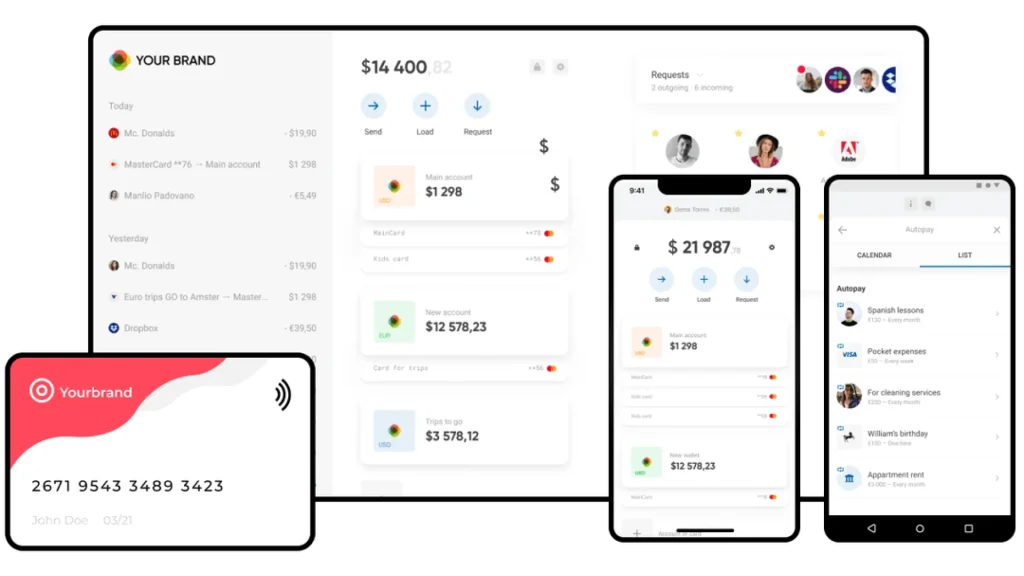
Web 3 White-label PaaS NeoBank
Our client is a blockchain technology firm that has a network of international financial service provider partners. The project is a white-label PaaS ecosystem for neo banking solutions based on the blockchain network.
Additional Info
USA

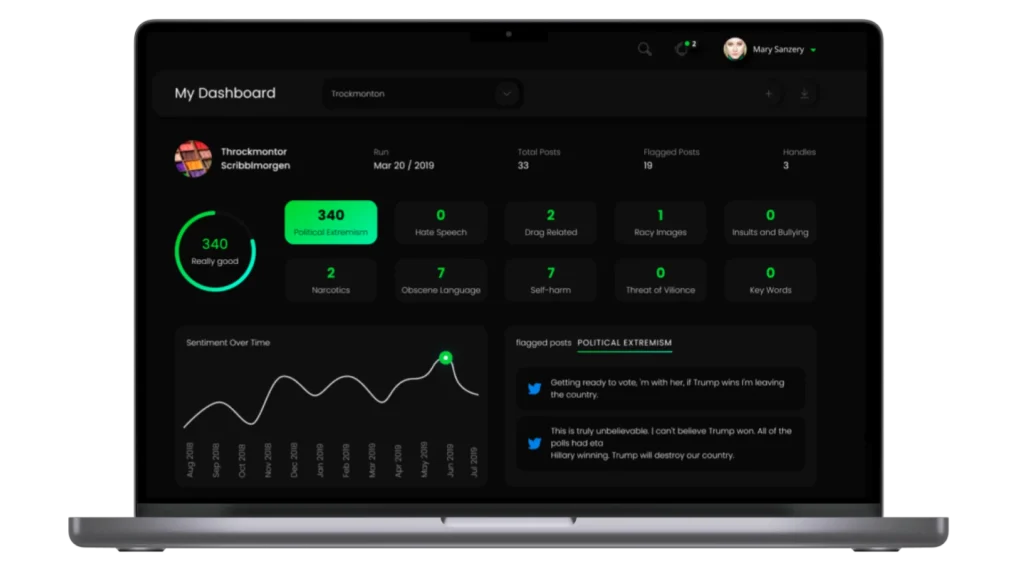
Social Media Screening Platform
The project is a web-based AI-powered platform for comprehensive social media background screening. Its supertask is to streamline potential employee background checks for companies, tackling employment risk management.
Additional Info
- .NET Core
- Angular
- Azure
- Docker
- GitLab CI/CD
- Selenium Web Driver
USA

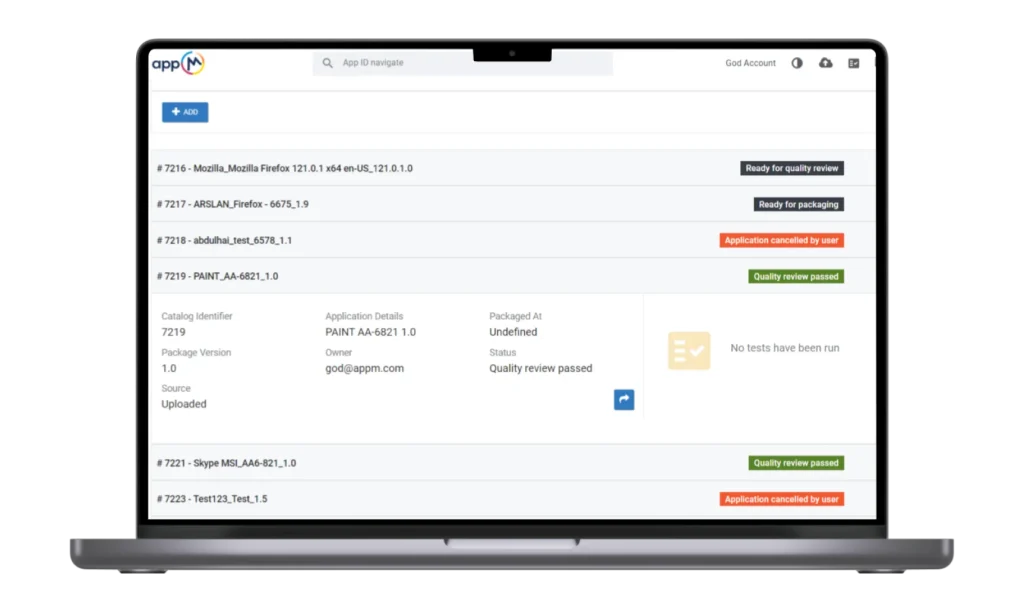
Enterprise Digital Workplace Management Platform
Juriba is a broad system providing end-to-end automation and smart workflows required to manage large IT projects. With advanced features like seamless integration with existing tools, smart automation and data-driven dashboards and reports, it’s specifically tailored to digital solutions production.
Additional Info
- .NET 6
- MS SQL
- Redis
- Angular
- NgRx
- RxJS
- Kubernetes
- Elasticsearch
United Kingdom
and over 200 our featured partners and clients
Industry Contribution Awards & Certifications
Check Devox Software Awards on rating & review platforms among top software development companies and Certifications our team members holds.
- Awards
- Certifications
Testimonials
FAQ
-
What makes custom asset tracking software different from off-the-shelf solutions?
The ready-made asset management and tracking system is indeed a better choice for medium-sized businesses because buying one means spending fewer costs and not having to wait long for the development to finish. However, a custom asset tracking system will be a winning choice for large enterprises or those with unique workflow or system requirements: the very benefit of customization is the possibility to fully tailor the system to the business’s individual needs. Moreover, custom software retains your company’s copyright, which makes it possible for further commercialization and distribution.
-
How does asset tracking software address the issue of asset loss or theft?
In this extent, ATS’s primary tool is providing real-time visibility and control over assets with technologies like GPS, RFID, or Bluetooth to monitor the assets’ location constantly. In the event of unauthorized movement or removal, the system can immediately alert managers, enabling quick response to potential thefts. Geofencing features further enhance security by triggering alerts if assets move outside predefined boundaries. Additionally, the historical data provided by the software can assist in identifying patterns of loss or theft, aiding in preventive measures. This continuous monitoring and instant alert system not only deters theft but also significantly increases the chances of recovering lost or stolen assets.
-
Is it possible to integrate asset tracking software with other business systems?
Yes, integrating an asset tracking system with other business software is not only possible but highly beneficial. It allows for seamless data sharing and synchronization, raising the quality of everyday operations.
For instance, integration with Enterprise Resource Planning (ERP) systems can align asset data with financial and operational processes, while linking with Customer Relationship Management (CRM) systems can improve service delivery and customer satisfaction. Integration with supply chain management systems directly influences inventory visibility and control, and connecting with maintenance management systems automates upkeep schedules.
-
How does a custom asset tracking system enhance decision-making?
In a couple of sentences, a custom asset tracking system turns data into actionable intelligence, driving productivity and supporting strategic business growth. It provides real-time and accurate asset data, which is crucial for informed business decisions. It also offers detailed insights into asset utilization, location, and performance, enabling businesses to optimize their use and reduce inefficiencies.
Such a set of features makes scheduling maintenance proactively based on actual usage possible, preventing costly downtime. Analyzing historical data trends aids in forecasting and strategic planning, improving asset lifecycle management. Additionally, custom systems can be tailored to alert management to critical issues, guaranteeing taking measures when necessary.
-
How long does it take to develop an asset tracking system depending on its type?
The timeline of any given enterprise tracking system development strongly depends on its type. Devox handles GPS, NFC/Bluetooth, RFID, IoT-based and barcode-scanning ATSs.
Developing a GPS asset tracking system can take anywhere from 3 to 6 months. The complexity of integrating GPS hardware with software and the need for thorough testing, especially for outdoor tracking, can influence the timeline.
NFC/Bluetooth tracking systems generally take about 2 to 4 months to develop. The development time is shorter thanks to the more straightforward nature of close-range technology and the ease of integrating with mobile devices.
RFID industrial fleet tracking systems can be developed within 3 to 6 months. The time frame depends on factors like the range of RFID technology (active vs. passive), the complexity of integration with existing systems, and the scalability requirements.
The IoT-based software is usually the most complex and can take 6 to 12 months to develop. The integration of various sensors, robust network requirements, and sophisticated data analytics platforms contribute to a longer development timeline.
Barcode-based systems are often the quickest to implement, typically taking 1 to 3 months. These systems are less complex as they usually involve simpler technology and software integration.
Schedule a Meeting to Discuss Your Goals
Well contact you within a couple of hours to schedule a meeting to discuss your goals.
Let's discuss your project!
Share the details of your project – like scope or business challenges. Our team will carefully study them and then we’ll figure out the next move together.
Thank You for Contacting Us!
We appreciate you reaching out. Your message has been received, and a member of our team will get back to you within 24 hours.
In the meantime, feel free to follow our social.
























































